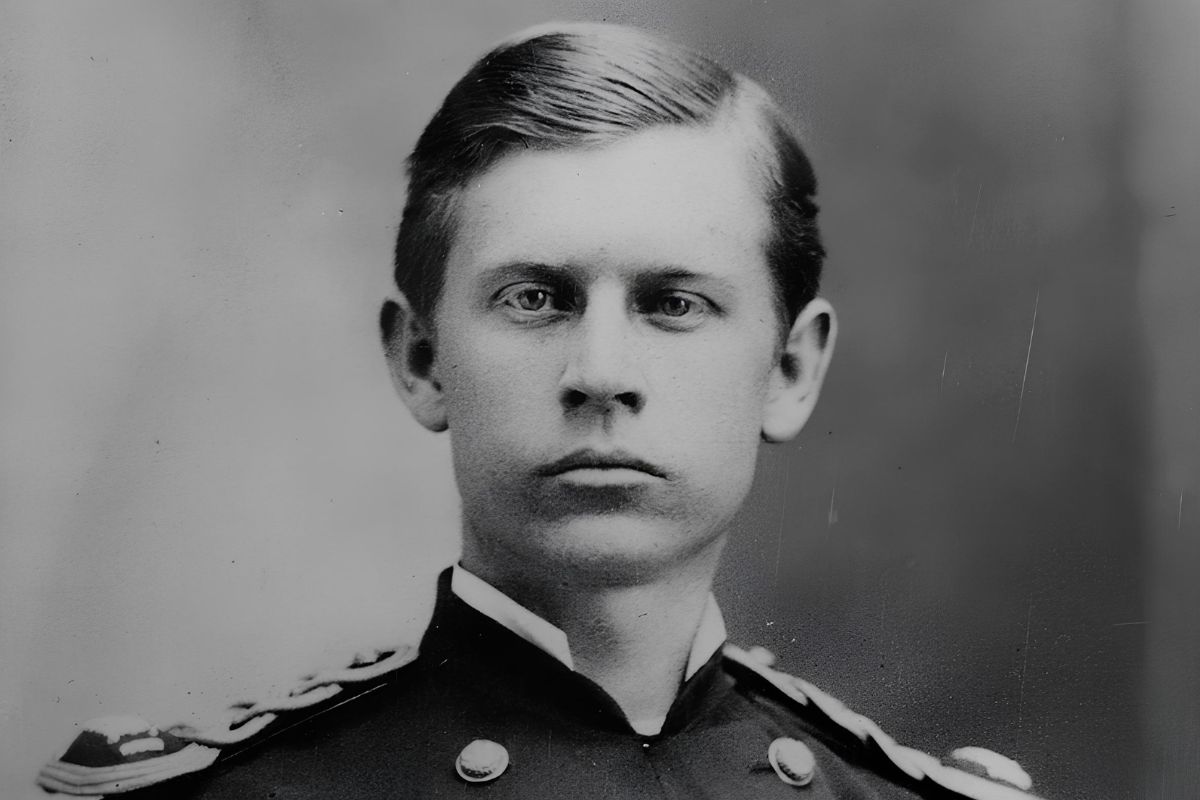
Who was Walter Reed? Walter Reed was a pioneering American physician who made groundbreaking contributions to medical science. Best known for his work on yellow fever, Reed's research helped prove that mosquitoes were the primary transmitters of the disease. This discovery led to significant advancements in public health and disease prevention. Born in 1851, Reed's career spanned various roles, including military doctor and researcher. His work not only saved countless lives but also laid the foundation for modern epidemiology. Want to know more? Here are 35 fascinating facts about Walter Reed that highlight his incredible journey and lasting impact on medicine.
Early Life of Walter Reed
Walter Reed, a name synonymous with medical breakthroughs, had a fascinating life. Let's dive into some intriguing facts about his early years.
-
Born in 1851: Walter Reed was born on September 13, 1851, in Gloucester County, Virginia.
-
Youngest of Five: He was the youngest of five children in his family.
-
Father's Influence: His father, Lemuel Sutton Reed, was a Methodist minister, which influenced Walter's disciplined upbringing.
-
Early Education: Reed attended private schools in Virginia, showing an early aptitude for learning.
-
College at 15: At just 15, he entered the University of Virginia, a testament to his academic prowess.
Medical Education and Early Career
Reed's journey into medicine began early and was marked by significant milestones.
-
Medical Degree at 18: He earned his medical degree from the University of Virginia at the age of 18, making him one of the youngest graduates.
-
Second Degree: Reed obtained a second medical degree from Bellevue Hospital Medical College in New York City.
-
Internship: He completed an internship at Kings County Hospital in Brooklyn, gaining practical experience.
-
Army Surgeon: In 1875, Reed joined the U.S. Army Medical Corps, beginning a long and distinguished military career.
-
Frontier Posts: His early assignments included various frontier posts, where he treated soldiers and Native Americans.
Contributions to Medical Science
Reed's contributions to medical science, particularly in understanding infectious diseases, are legendary.
-
Yellow Fever Research: He is best known for his groundbreaking research on yellow fever.
-
Cuban Commission: In 1900, Reed led the U.S. Army Yellow Fever Commission in Cuba.
-
Mosquito Theory: Reed confirmed that mosquitoes were the primary transmitters of yellow fever.
-
Human Experiments: He conducted experiments on human volunteers, proving the mosquito theory.
-
Ethical Standards: Reed's experiments were notable for their ethical standards, with informed consent from volunteers.
Legacy and Honors
Reed's legacy extends beyond his lifetime, with numerous honors and institutions named after him.
-
Walter Reed Army Medical Center: The famous Walter Reed Army Medical Center in Washington, D.C., was named in his honor.
-
Reed Medal: The American Public Health Association established the Walter Reed Medal to honor outstanding contributions to public health.
-
National Historic Landmark: His birthplace in Virginia is a National Historic Landmark.
-
Statues and Memorials: Statues and memorials dedicated to Reed can be found in various locations, including Washington, D.C.
-
Posthumous Recognition: Reed received numerous posthumous honors, including induction into the National Inventors Hall of Fame.
Personal Life and Character
Reed's personal life and character were as remarkable as his professional achievements.
-
Marriage: He married Emilie Lawrence in 1876, and they had two children.
-
Family Man: Despite his demanding career, Reed was a devoted family man.
-
Humility: Known for his humility, Reed often downplayed his achievements.
-
Dedication: His dedication to medicine and public health was unwavering.
-
Friendships: Reed maintained close friendships with colleagues and fellow researchers.
Later Years and Death
Reed's later years were marked by continued contributions to medicine until his untimely death.
-
Continued Research: He continued his research on infectious diseases until his death.
-
Appendicitis: Reed died of complications from appendicitis on November 23, 1902.
-
Burial: He was buried in Arlington National Cemetery, a fitting resting place for a national hero.
-
Legacy in Education: Reed's work continues to be studied in medical schools worldwide.
-
Inspiration: His life and work inspire countless medical professionals and researchers.
Fun Facts
Here are some lesser-known, fun facts about Walter Reed that highlight his unique personality and interests.
-
Animal Lover: Reed had a fondness for animals, particularly dogs.
-
Hobbies: He enjoyed reading and gardening in his spare time.
-
Nickname: Colleagues affectionately called him "Reedy."
-
Multilingual: Reed was fluent in several languages, including Spanish and French.
-
Legacy in Pop Culture: His life and work have been depicted in various films, books, and documentaries.
Walter Reed's Legacy Lives On
Walter Reed's contributions to medicine and public health are nothing short of remarkable. His groundbreaking work on yellow fever not only saved countless lives but also paved the way for modern medical research. Reed's dedication and perseverance in the face of adversity serve as an inspiration to scientists and doctors worldwide.
Beyond his scientific achievements, Reed's legacy lives on through the institutions and awards named in his honor. The Walter Reed Army Medical Center, for instance, continues to provide top-notch care to military personnel and their families. His story reminds us of the power of curiosity, determination, and the relentless pursuit of knowledge.
So, next time you hear about a medical breakthrough or a new discovery, remember Walter Reed. His work laid the foundation for many of the advancements we benefit from today. His legacy is a testament to the enduring impact one person can have on the world.
Was this page helpful?
Our commitment to delivering trustworthy and engaging content is at the heart of what we do. Each fact on our site is contributed by real users like you, bringing a wealth of diverse insights and information. To ensure the highest standards of accuracy and reliability, our dedicated editors meticulously review each submission. This process guarantees that the facts we share are not only fascinating but also credible. Trust in our commitment to quality and authenticity as you explore and learn with us.
